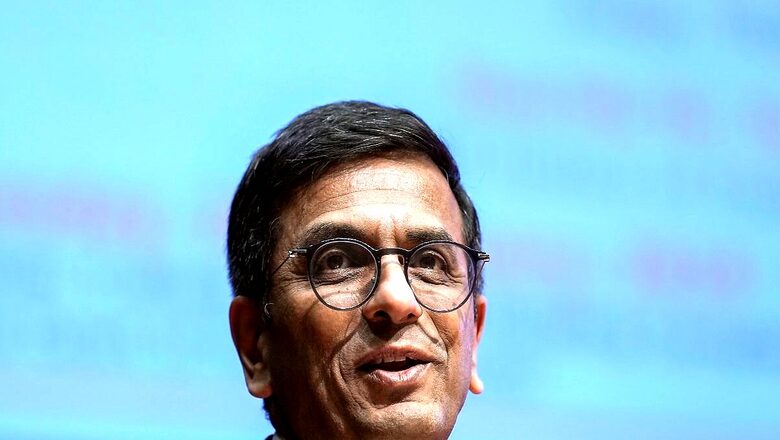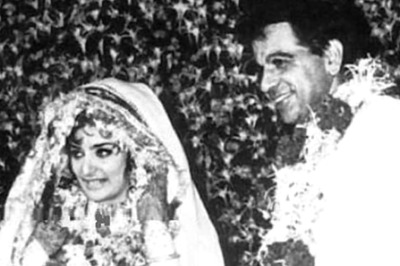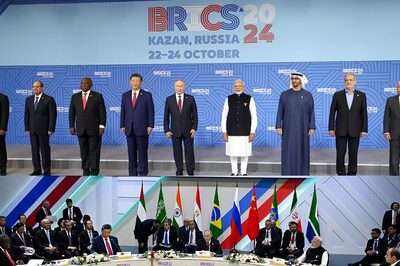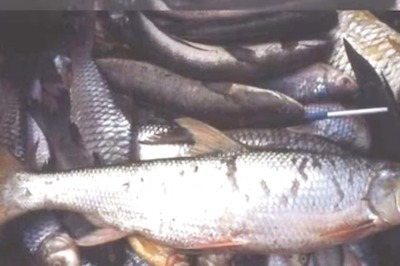
views
Chief Justice of India DY Chandrachud on Sunday said the trial judges prefer playing safe by not granting bail on important issues of crime when it is looked at with a degree of suspicion.
The Chief Justice underlined the need for a ‘sense of robust common sense’ to look at the nitty-gritty of each case.
“People who should be getting bail in the trial courts and not getting it there, as a result of which, they have to invariably move the high courts. People who should be getting bail in the high courts will not necessarily get it, as a result of which, they have to move to the Supreme Court. This delay compounds the problem of those who are facing arbitrary arrests,” Justice Chandrachud said.
He was replying to a question at the end of a keynote address during the ‘11th Annual Conference of the Berkeley Centre on Comparative Equality and Anti-Discrimination’. The question was on the arbitrary arrests.
The questioner said we seem to live in a society where one acts first and seeks forgiveness later. This has become particularly true for public authorities acting in a politically motivated manner by detaining activists, academics, journalists and even politicians, including the chief ministers of opposition parties, he said.
According to him, all of these actions are taken with deep trust in the face of justice coming very slowly.
In reply, Justice Chandrachud said the Supreme Court has been constantly trying to convey that part of the reason for it is that there is an inherent distrust in the institutions within the country.
“I think it’s important that we learn to trust people who may be in a hierarchical legal system, like much below, which are the trial courts. We have to encourage trial courts to be more receptive to the need for accommodating concerns of people who are seeking liberty,” the CJI said.
“Unfortunately, the problem today is this, that we look at any grant of relief by trial judges with a degree of suspicion. That means that the trial judges increasingly are playing it safe, not granting bail on important issues of serious crimes,” he explained.
According to the CJI, judges have to look at the nitty gritties and see the fine prints of each case.
“You (judges) have to have a sense of robust common sense. Now, unless we, therefore, separate the grains from the chaff in criminal jurisprudence, it’s very unlikely that we will have just solutions and to allow for decision makers to separate the grain from the chaff, it’s important that we also place a great deal of trust,” Justice Chandrachud noted.
“I think that’s my concern that you can’t render courts as in the hierarchy as you go up dysfunctional, just by the number of very small cases that are placed before us”.
According to him, most of the cases should not have come to the Supreme Court at all.
“The reason why we are prioritising bail is to send this message across the nation that those at the most incipient levels of the decision-making process have to do their duties without this feeling that. I’ve been disgusted that my career will be on the line,” the CJI underlined.




















Comments
0 comment